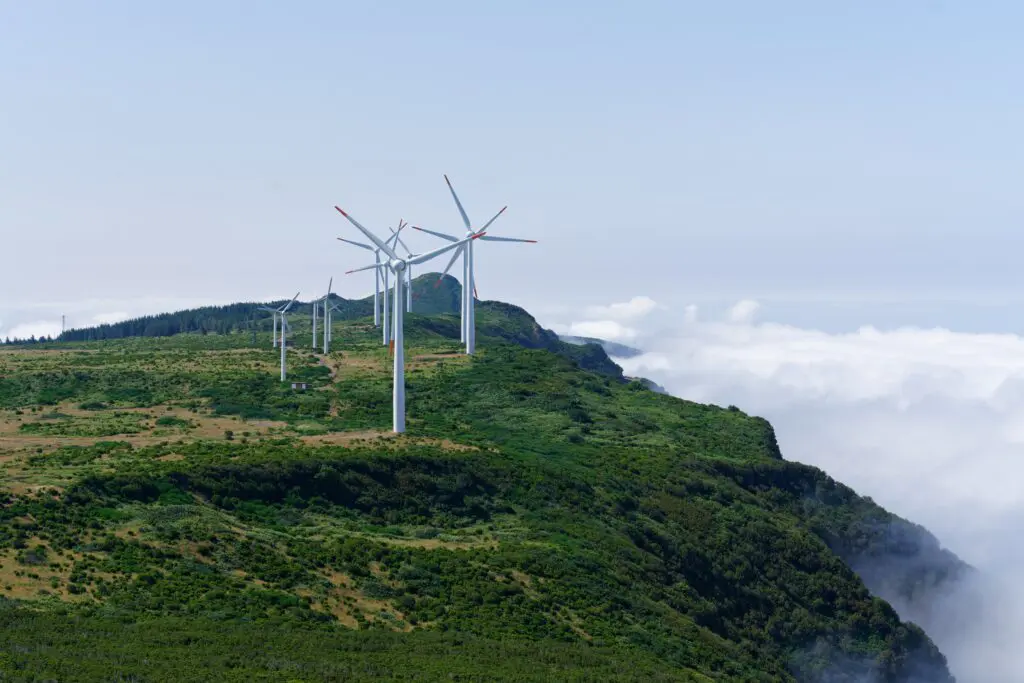As reported by the BloombergNEF(BNEF) in association with the Global Renewables Alliance; By security 24/7 carbon-free electricity (CFE) procurement, The Asia Pacific(APAC) region could possibly be able to attract significant private investment for its energy elevation.
According to the report—24/7 Carbon-Free Energy Procurement in APAC: Pathways for Companies and Countries; clean energy procurement from corporates will be a vital funding source for accomplishing the decarbonization targets of the region.
APAC’s contribution to the global emissions hiked from 25% in 1990 to 47% in 2021 with the assistance of its power industry. The report advocates further investment in renewable energy sources including solar, wind, and energy storage along with improvements in grid infrastructure could efficiently result in decarbonising. In the Net Zero Scenario, renewable energy sources may result in about 75% of the basic emission reduction by 2050, according to BNEF’s New Energy Outlook.
For the accomplishment of the Paris Agreement objectives, this approach is required on the basis of economic and environment perspective as the costs for renewable energy is declining. Geothermal energy and long-duration energy storage systems are exemplars of dispatchable renewable energy technologies that demand for more funding.
Recently, a large number of APAC businesses purchase clean energy by matching their annual power consumption with purchases of renewable energy. This strategy, however, fails often because local grids could provide electricity that isn’t zero emission-free during certain times. So as to achieve sustainability goals businesses must implement solutions that match their hourly and location specific power demand with carbon-free supply of energy.
Despite the enhancement in clean power procurement recently throughout APAC, market regulations and restrictive policies inhibit access to affordable renewable energy and hinder its growth.These barriers could be eliminated by reducing the company’s carbon footprints, accelerating the deployment of renewable energy sources and scaling clean power procurement.

To conglomerate the private capital that is crucial to Asia Pacific’s clean energy transition, the report stresses the transformative impact that 24/7 CFE procurement facilitates. This strategy creates an economically feasible enroute to net zero emissions while lining up with national decarbonization plans and corporate sustainability goals.
Ali Izad, Asia Pacific Director at BNEF and primary author of the report, points to the need to address these regulatory barriers,as he says, “ Demand for clean power procurement in APAC already far outstrips available supply. APAC regulators need to address regulatory barriers to increase clean electricity supply and enable 24/7 CFE corporate procurement options. 24/7 CFE would, in turn, enable timely coordination between corporate electricity consumers, renewable independent power producers(IPPs), grid operators and regulators leading to lower power system decarbonisation costs.”
Corporate heads play a crucial role in this transition. The Long Duration Energy Storage Council’s CEO, Julia Sounder, remarks how long duration energy storage technologies could assist the 24/7 clean electricity transition: “ 24/7 carbon-free energy procurement provides corporate leaders with a powerful lever to drive the energy transition in the APAC region and globally. Long-Duration energy storage technologies are a highly effective way of delivering true 24/7 clean electricity, capturing renewably generated electricity for use across days, weeks and seasons.”
Trigya Singh, Senior Coordinator for Corporate Sourcing at the Global Renewables Alliance points out, “We must overhaul outdated regulatory frameworks, harmonise standards for emerging technologies, and establish granular attribute certificates. The flexibility opportunity needs to be exploited–current power purchase agreements(PPA’s), green electricity tariffs and tariff structures are not yet focused on flexibility, which is essential for integrating variable renewable energy.”
According to the BNEF’s report, Bangladesh, India, Indonesia, Japan, Malaysia, Singapore, South Korea, Sri Lanka, Taiwan, Thailand, and Vietnam are among the 11 major APAC economies whose corporate clean power procurement frameworks and decarbonisation strategies are analysed.
The synopsis of the report illustrates how important it is for APAC to transition to 24/7 carbon-free electricity procurement in order to achieve global climate targets and to captivate the investment required to expand clean energy and decarbonise the region’s energy sector. Policymakers must take instant action in order to stimulate and nourish an environment that will permit 24/7 CFE to rapidly enhance throughout the region, especially as corporate energy buyers continue to construct vital clean energy commitments.
